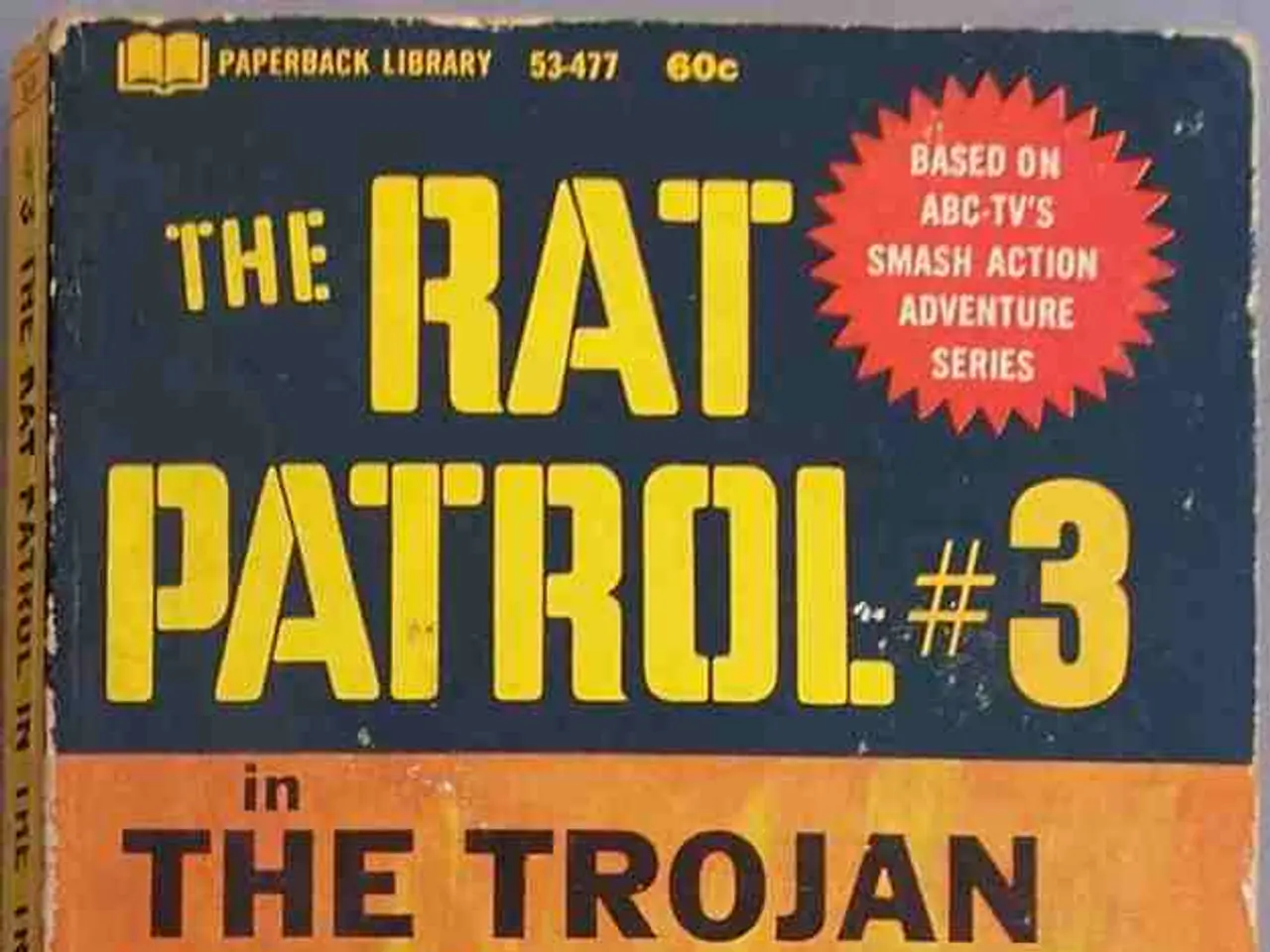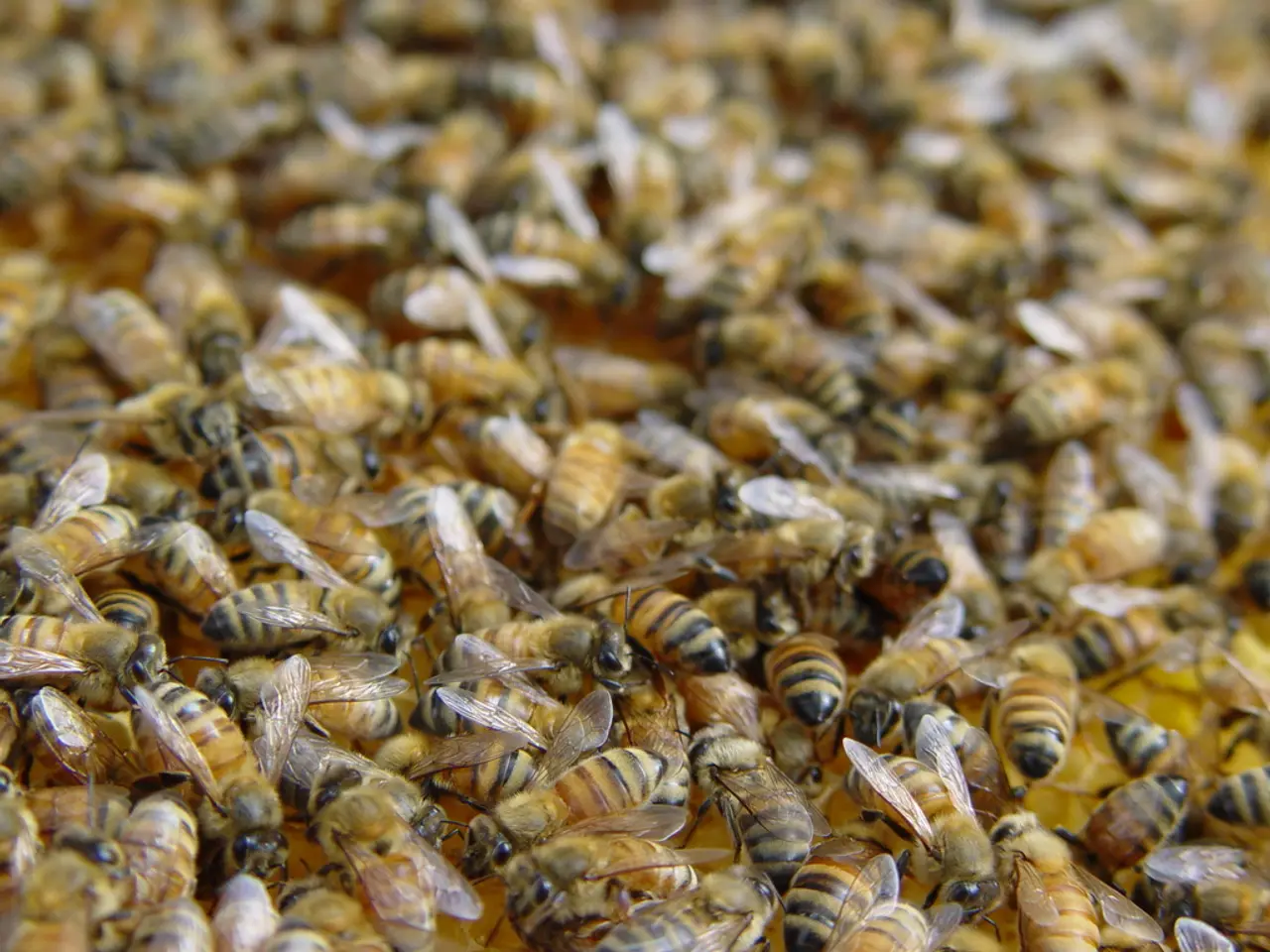Civilian Attacks Constitute a War Crime
In a shocking turn of events, a rocket attack on the Phanom Dong Rak Hospital in Surin, Thailand, has left at least 11 people dead, including two schoolchildren, and several others injured. The attack, which occurred at 9.40am in Kap Choeng district, also struck a 7-11 convenience store in Ban Phue, Kantharalak district, claiming seven more lives.
The Ministry of Public Health in Thailand strongly condemned the attacks, stating that they constitute a grave breach of international law and a violation of human rights. The Public Health Minister emphasised that hospitals must always be safe areas, and a deliberate attack on one crosses a serious line.
The attack on the hospital was a violation of the Fourth Geneva Convention (1949), which protects civilian hospitals during armed conflict. Attacking hospitals is noted as potentially a war crime under this convention. The Ministry of Public Health demands that the Cambodian government cease any further attacks.
International laws prohibit attacks on civilian hospitals during armed conflict, classifying deliberate attacks as grave breaches and war crimes. Article 18 of the Fourth Geneva Convention explicitly protects hospitals established for the care of the sick and wounded, forbidding them from being targeted under any circumstances.
However, hospitals may lose their protection if they are used to commit “acts harmful to the enemy” such as military operations. Even in such circumstances, civilians and medical personnel remain protected and cannot be directly targeted. The principles of precaution and proportionality under International Humanitarian Law (IHL) still apply to minimize civilian harm.
The implications of attacks on hospitals in conflict zones, such as the recent incident in Surin, are severe. They disrupt essential medical care for the wounded and sick, causing civilian deaths, forced displacement, and destruction of critical healthcare infrastructure. These outcomes violate the basic humanitarian purpose of IHL, which seeks to limit suffering even in armed conflict.
Thailand, as a signatory to all four Geneva Conventions and their protocols, is bound to uphold these protections and has condemned the attack on Phanom Dong Rak Hospital as a violation of its sovereignty and international law.
The attacks have prompted calls for global cooperation, including from the UN and the International Criminal Court (ICC), to hold perpetrators accountable. UN measures such as naming parties responsible in official reports and establishing mechanisms like a Special Rapporteur for healthcare protection in conflict zones are being advocated. The ICC is also urged to prioritise investigations and prosecutions of war crimes involving attacks on health facilities where it has jurisdiction.
In Kap Choeng district, about 40,000 people in 86 villages were evacuated to emergency shelters in schools in the neighbouring district of Prasart. The petrol station where the attack occurred is located 20 kilometres from the border.
In response to the attacks, Surin's public health office raised the emergency level to 2, and the district chief of Kap Choeng, Sutthiroj Charoenthanasak, stated that shelter capacity is adequate and most evacuees have arrived safely.
The attacks on civilian areas, including the hospital, have been strongly condemned by various authorities and organisations. They not only violate international law but also trampled on human values, underscoring the urgent need for respect and adherence to international humanitarian law in conflict zones.
- The medical-conditions of the victims from the rocket attack at the Phanom Dong Rak Hospital are a pressing concern, given the potential impact of delayed healthcare services on their health-and-wellness.
- While the root cause of the war-and-conflicts in the region remains unclear, the deliberate attack on the hospital has raised questions about the political intentions and values of the involved parties.
- The crime-and-justice system must take action against those responsible for these attacks, as the breach of international laws protecting civilian hospitals during armed conflict poses severe consequences for general-news and global peace.




